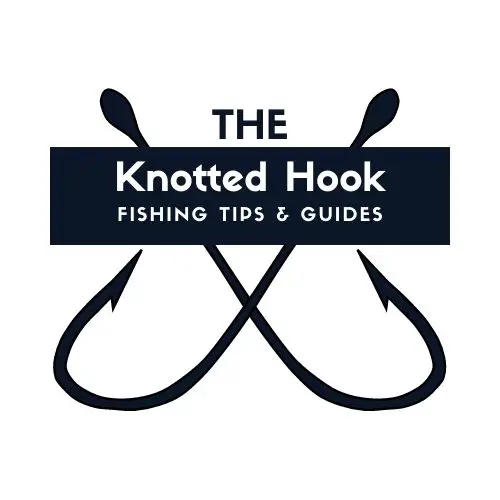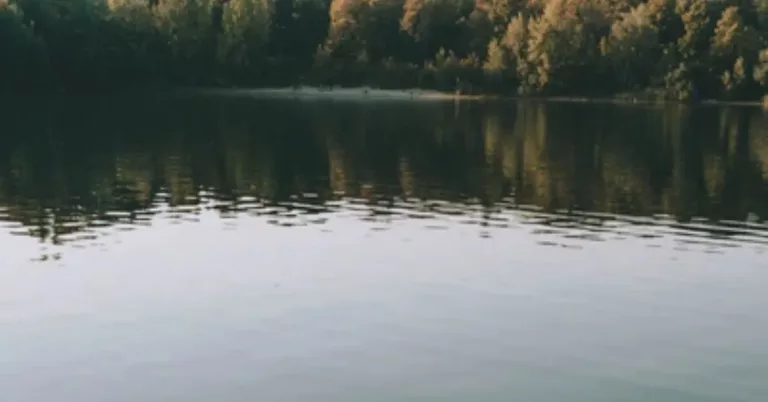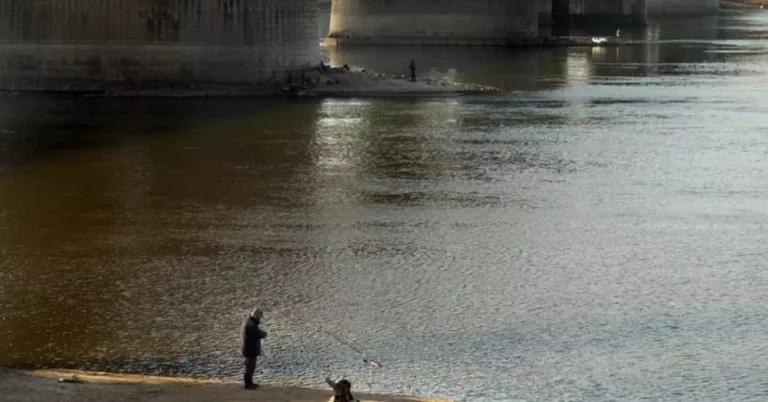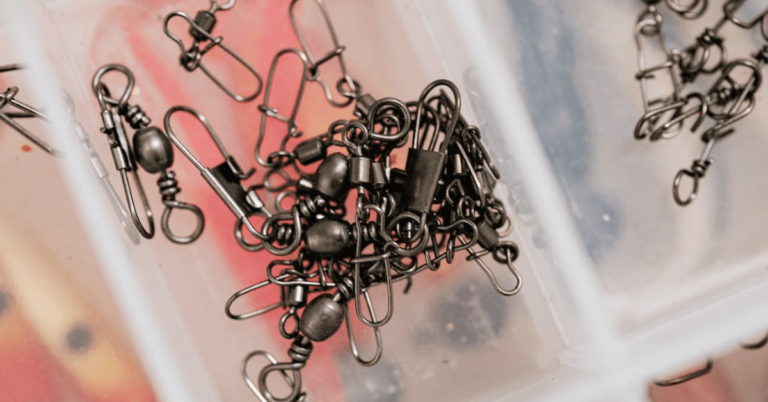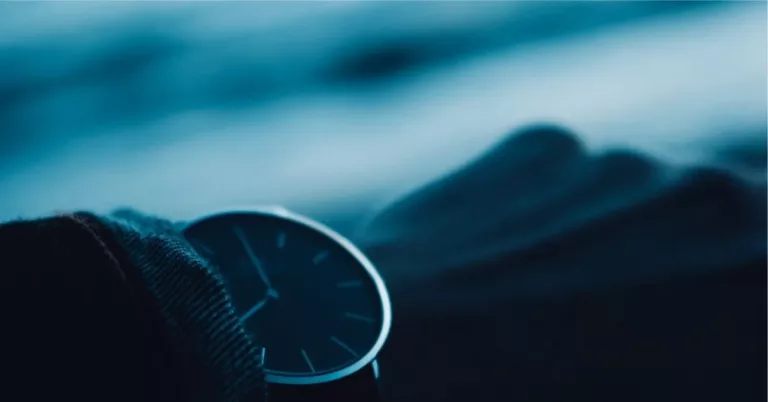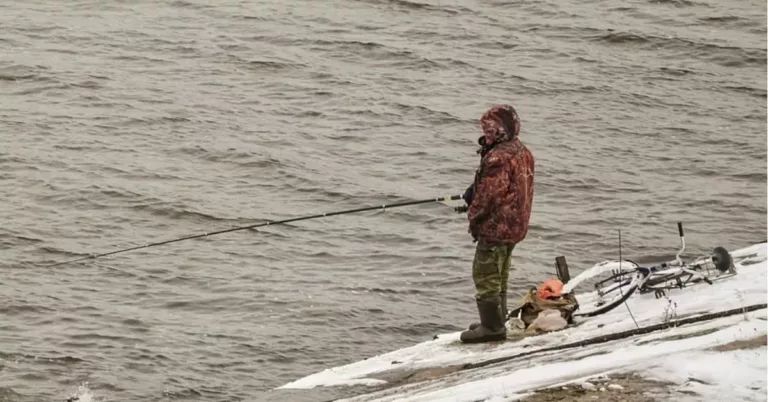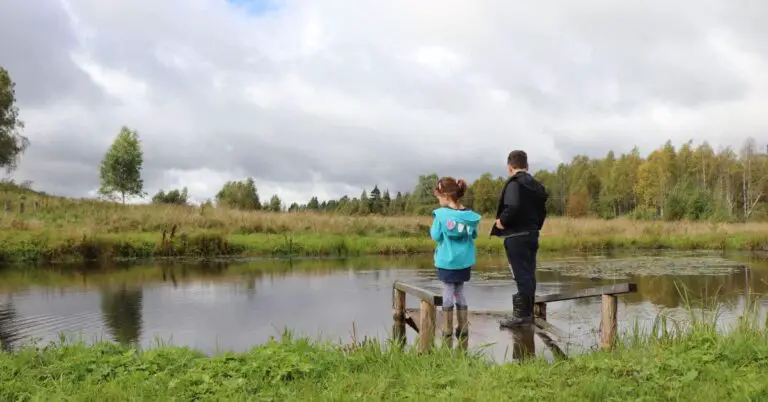Do Crappie Eat Worms? A Simple Guide to Catching More Fish
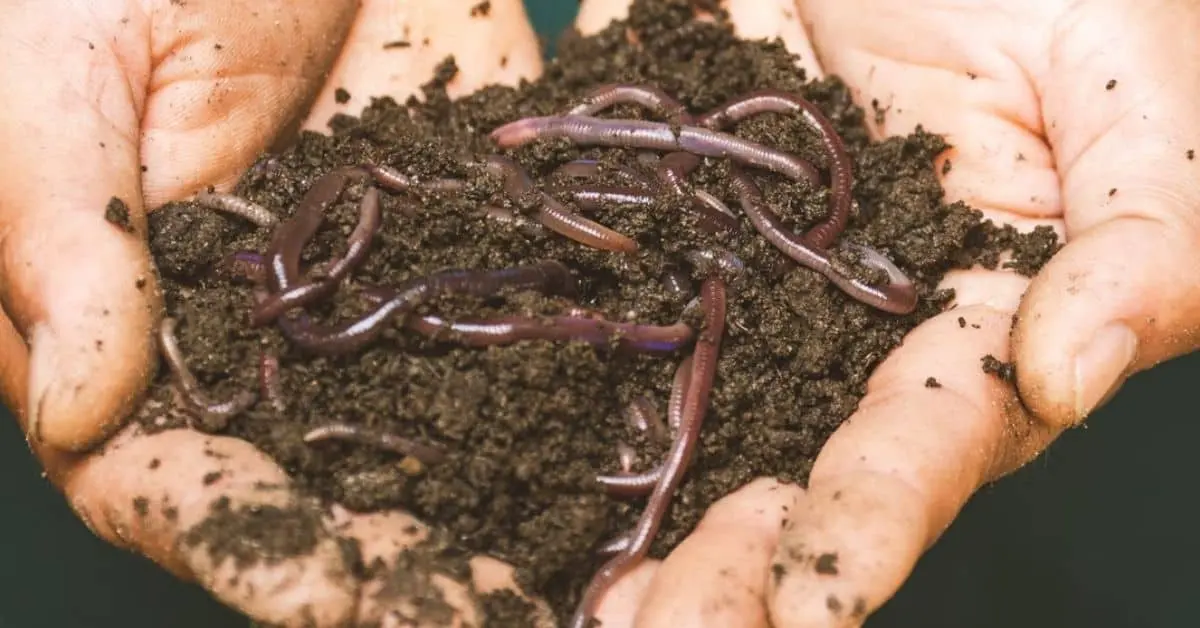
First and foremost, yes crappie will eat worms along with many other things. Earthworms or other large worms are an excellent choice.
When preparing to hit the water and catch a few fish you need to gather up your tackle of choice. This also includes the baits that you intend to use. When considering your bait options for crappie, there are many different options.
One bait type that always springs to mind when I think of fishing is worms. Maybe this stems from scraping up a few worms when I was a kid and fishing in the local creek, maybe it’s from knowing that they work, who knows.
So with that in mind let’s start with this; Crappie like most fish are more than willing to feed on worms. While they tend to prefer live bait fish, you can still catch your limit on earthworms, night crawlers, wax worms and even mealworms depending on the season. Overall though Earthworms are probably your best bet.
Do Crappie Prefer Certain Types of Worms
Since worms are not normally a primary food source for crappie, it’s important to look into the characteristics of worms that might attract the crappie.
Earthworms, Night Crawlers, Red Wigglers, Wax Worms, Mealworms and nearly every other worm you can think of have unique characteristics. These characteristics can increase or decrease their appeal in a given situation.
It is often hotly debated as to whether it is the smell of the worms or their movements that attract the fish strikes. Either way, here are some popular worms used when fishing for crappie.
Using Earthworms or Nightcrawlers as Crappie Bait
Earthworms actually encompass several varieties of worms to include the night crawler. These worms tend to be found in gardens and compost piles. They are larger than many other varieties of worms and make excellent fishing bait.
Crappie are most likely to go after these in the spring and summertime. Choose large specimens and leave at least an inch or so dangling from the hook, this will allow the worm to move around some. Crappie tend to hunt by sight, so a larger and moving target is much more likely to draw a hit from a lurking crappie.
Using Red wigglers as Crappie Bait
Red wigglers tend to be around half the size of night crawlers and while you might think this would make them less of a meal they are much more lively. These again make an excellent option in the spring summer and into the fall months.
Rig your hook with two red wigglers by inserting it about an inch from the end of the worm and threading them a half inch or so, then come out and loop them one more time with a 1 inch tail left. This will allow them to wiggle quite energetically.
If you have never fished with a red wiggler, you will see almost instantly why they’re called wigglers, I have even heard of them referred to as jumping worms before. It’s always funny to watch a kid try and put one on a hook for the first time.
Another benefit to red wigglers is they tend to be somewhat easier to see in the water and even tend to shine a bit in sunlight, both of these raising the likelihood of a successful trip.
Worms and Cold Weather Crappie Fishing
While waxworms and mealworms will work for crappie during other seasons as well, they tend to work best in the winter or colder waters. This is due to their temperature tolerances.
Avoid using those dried or frozen worms that you can sometimes pick up at the store, crappie and other fish will almost always prefer live bait.
Another excellent option for winter crappie fishing is the European Night Crawler These tend to survive the colder waters for a longer period and may be the touch you need to get those sluggish winter crappie to strike.
The Downside to Fishing for Crappie With Worms
As you may know, crappie are not the only fish that will go after worms. When fishing with worms other fish, particularly smaller panfish such as perch, bluegills and brim will also target your worms.
This makes it more difficult to target specifically on crappie. However, if you are just there to catch whatever bites, then this is not necessarily a down side.
Another downside, and not really that big a deal is the slime produced by worms. Make sure that you have something to clean your hands with after baiting your hooks. This is even more important if you plan on eating while out on your fishing trip.
How Would You Hook a Worm to Catch Crappie?
Setting up to fish with crappie is a relatively easy task. Here are some simple steps that will teach you how to use worms for crappie fishing.
- Select an appropriate sized hook, I prefer somewhere around a size 4 to 2 hook.
- Rig a slip float so that you can adjust the depth until you find where the crappie are holding
- Grip the hook by the shank, the longer portion of the hook
- In the other hand secure your worm between you thumb and index finger
- Now about one inch from the end of the worm push the tip of the hook into the worm.
- Allow the hook to move along the inside of the worm for about half an inch and then come out.
- Continue this in 1 inch increments until the worm is on the hook
- When you are finished it should resemble small wrinkles, this allows the worm to wiggle still
- I usually will put a small piece of shot led about 2 or 3 inches above the worm just to ensure it stays at the target depth
As you can see, rigging a worm for crappie is not that difficult. If you have smaller worms you can add 2 or three to a larger hook. I would avoid just pushing the hook straight through from 1 side to the other.
When hooked in this manner it is relatively easy for the fish to break the worm off in a single strike.
Summary – Crappies and Worms
Even though crappies tend to favor live bait fish such as shiners, minnows and brim, worms fit right in with other baits and are an ideal option for luring crappie onto your hook. This means that you can use a variety of worms in your search for crappie.
If you are looking to simply catch any fish that is biting, then worms can greatly increase your chances at this since they are a prime food option for many smaller sunfish, bluegills and brim.
Keep in mind that some locations do not allow the use of live bait fish, in these instances worms may be a great alternative. Remember to check your regulations and ensure that fishing for crappie with worms is allowed in the waters or circumstances. (Some tournaments prohibit live bait of any type.)
While you are here check out some of our guides on the best gear you can find.
